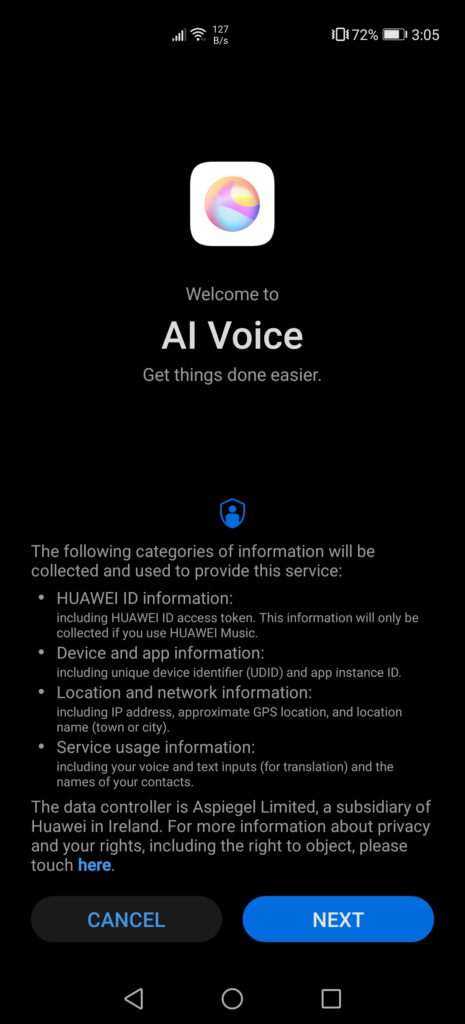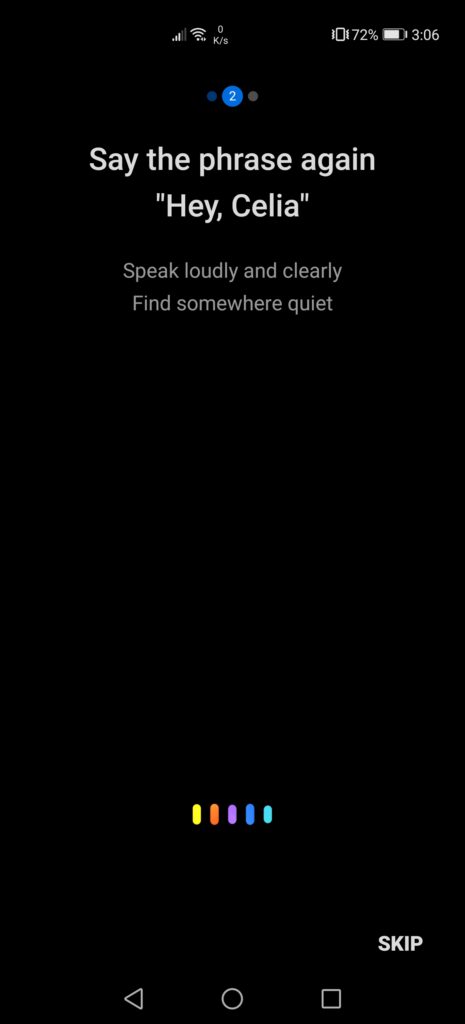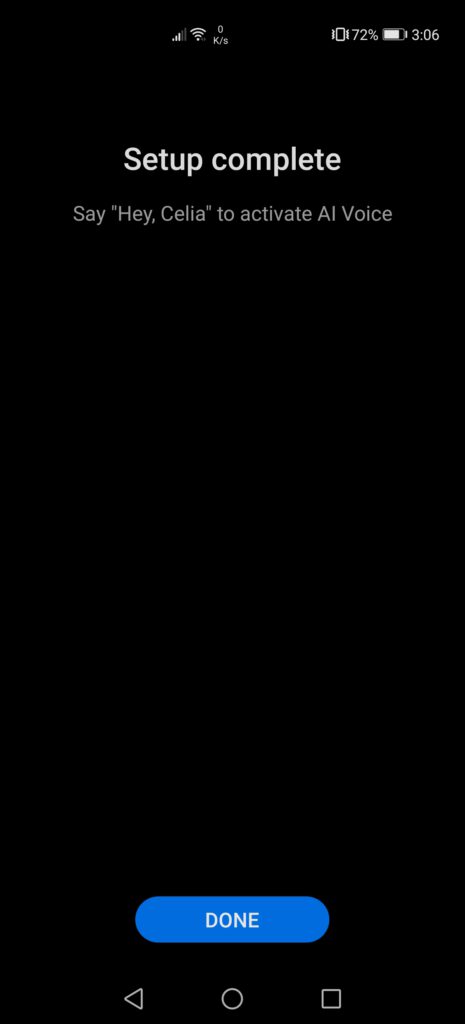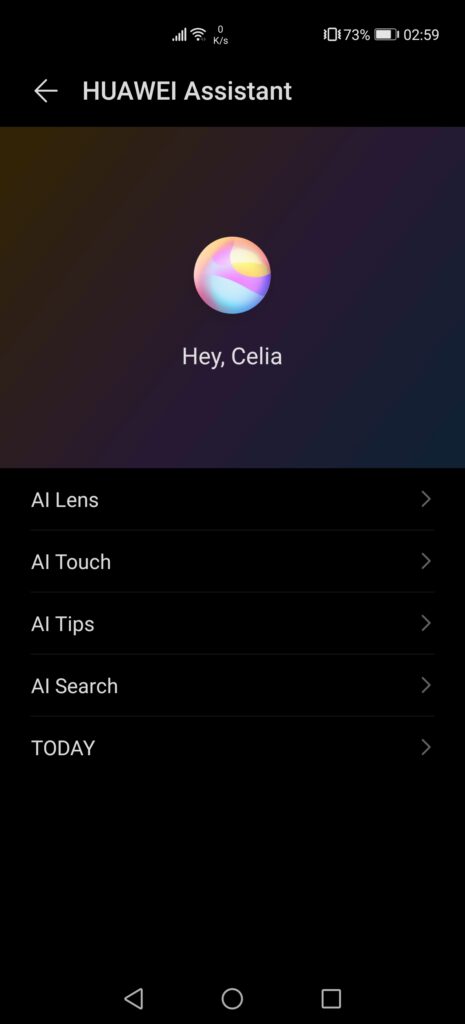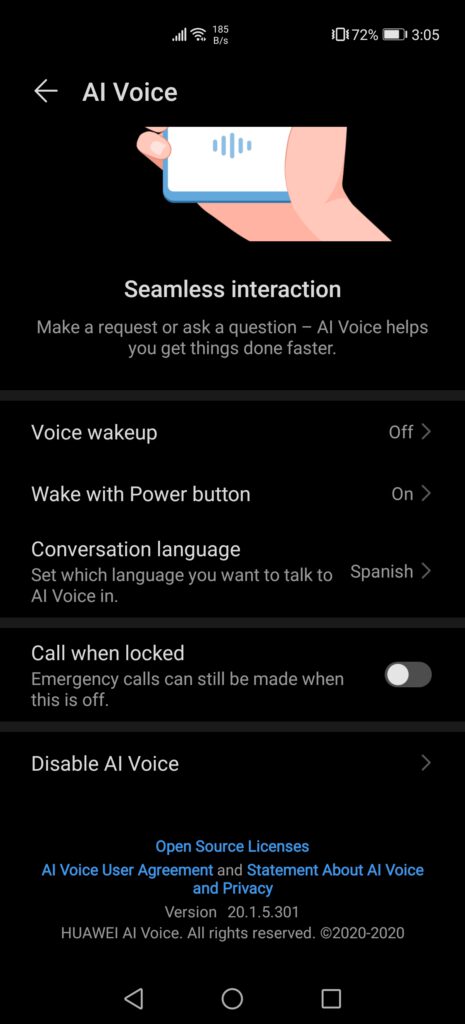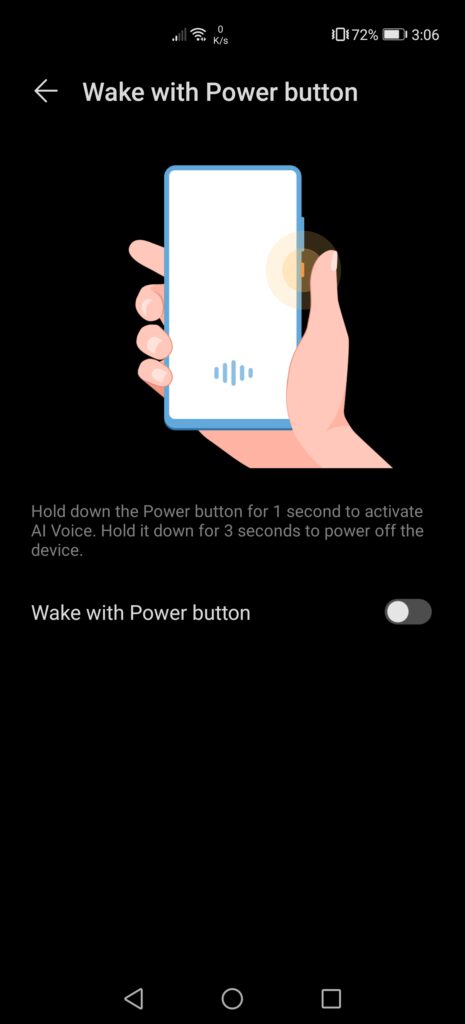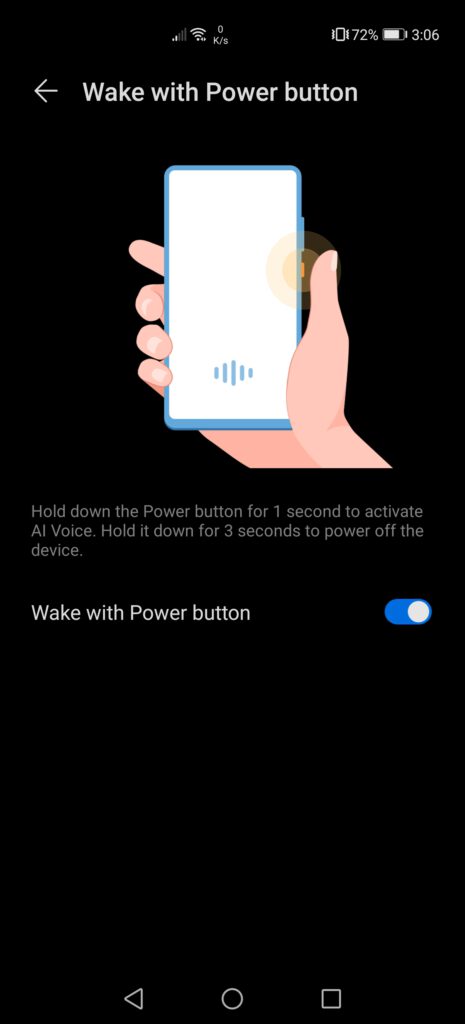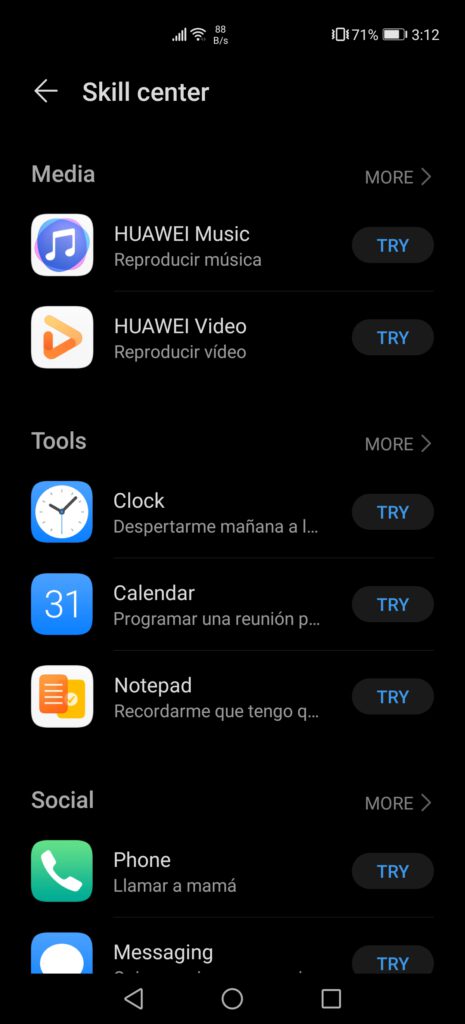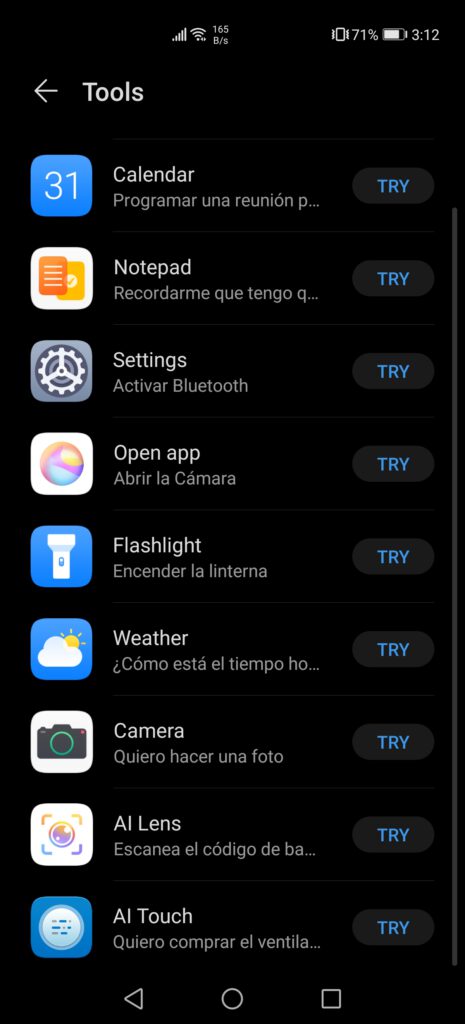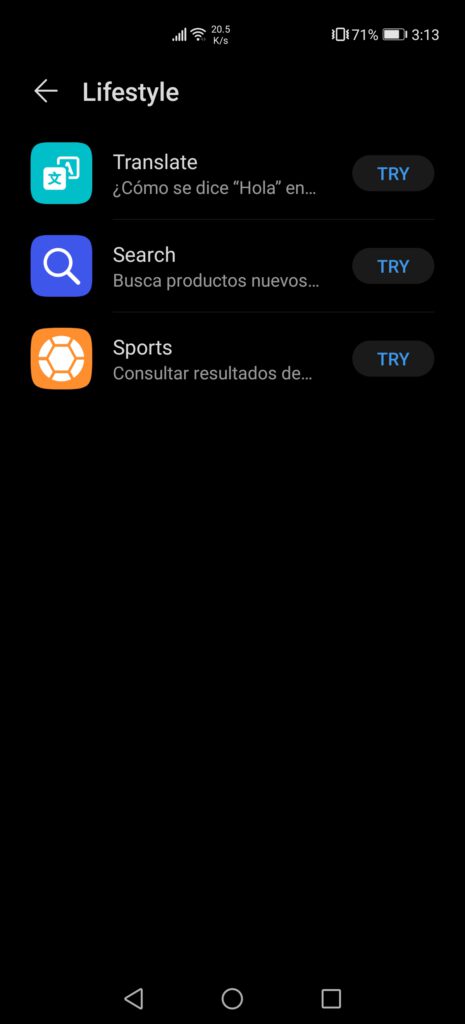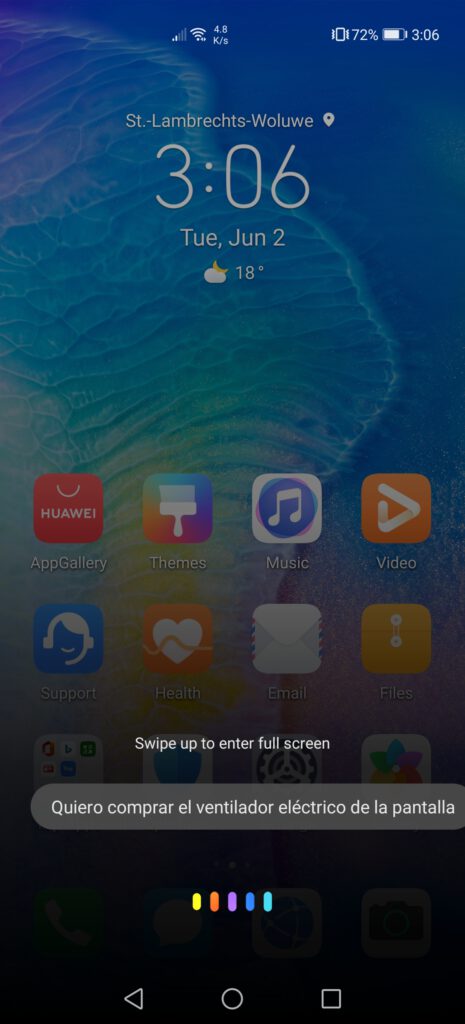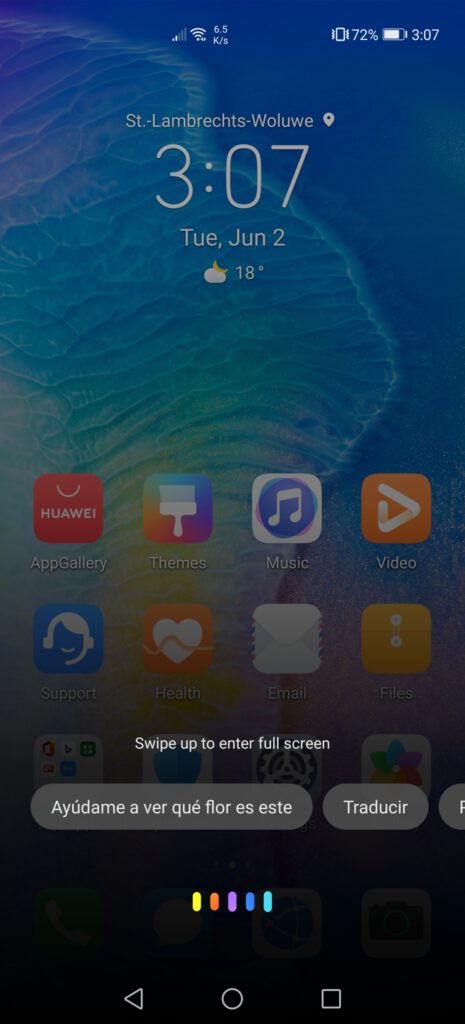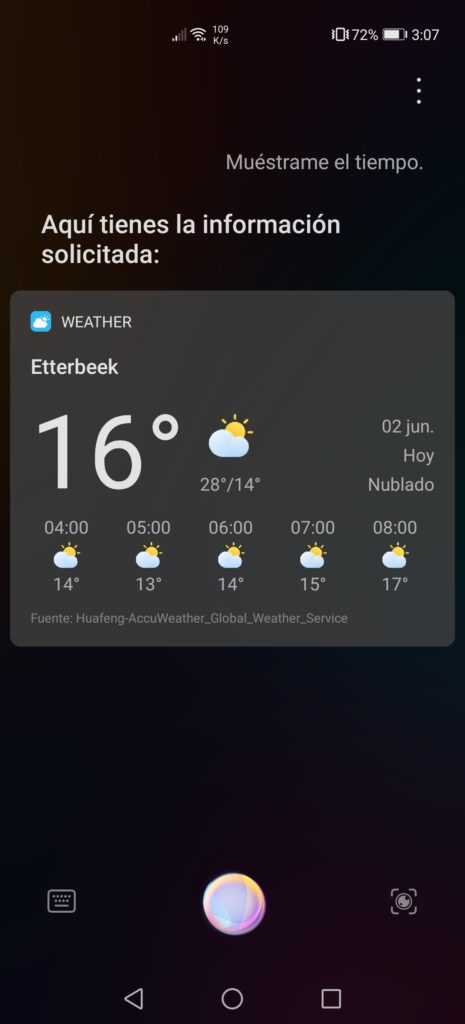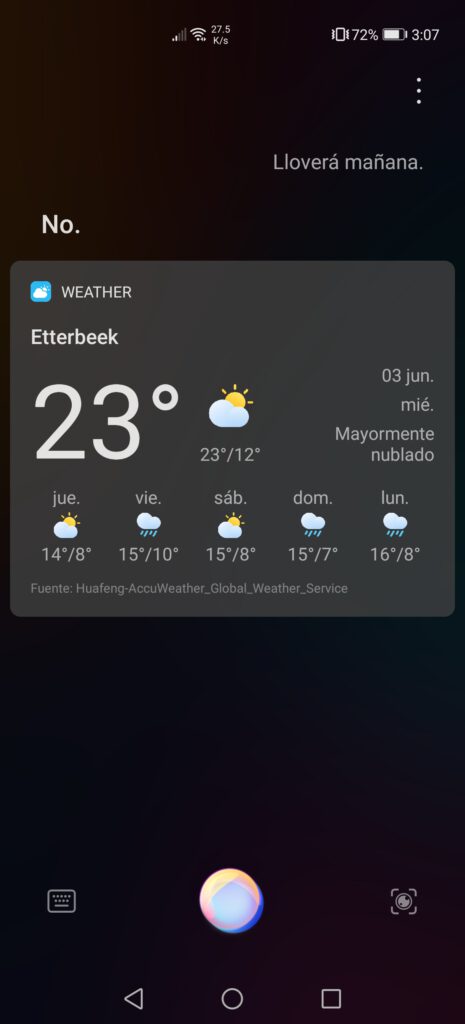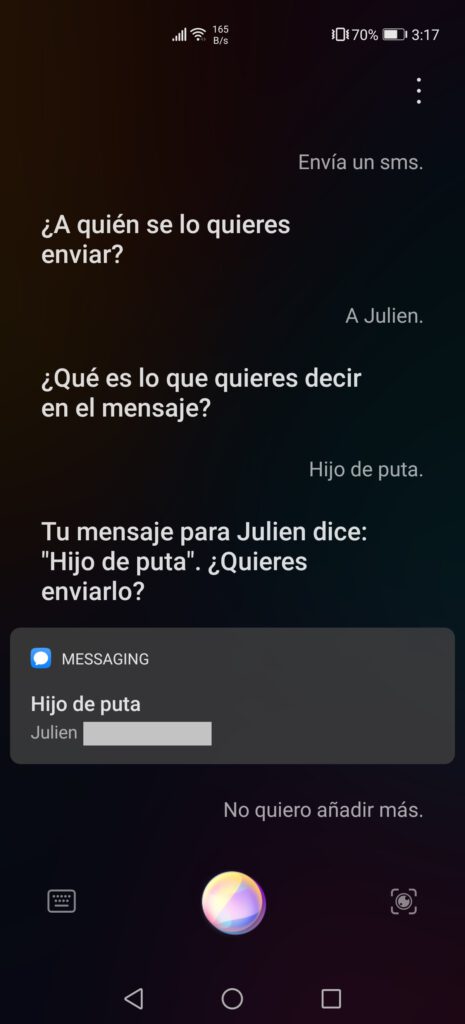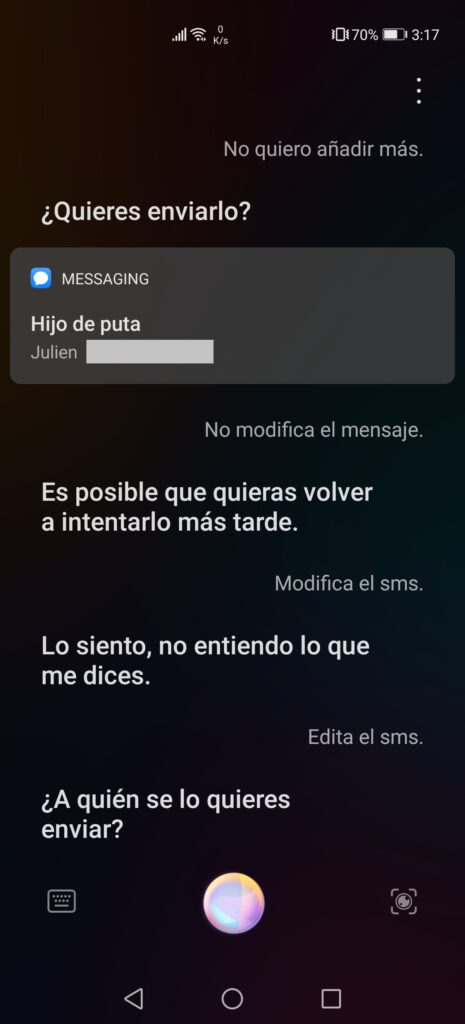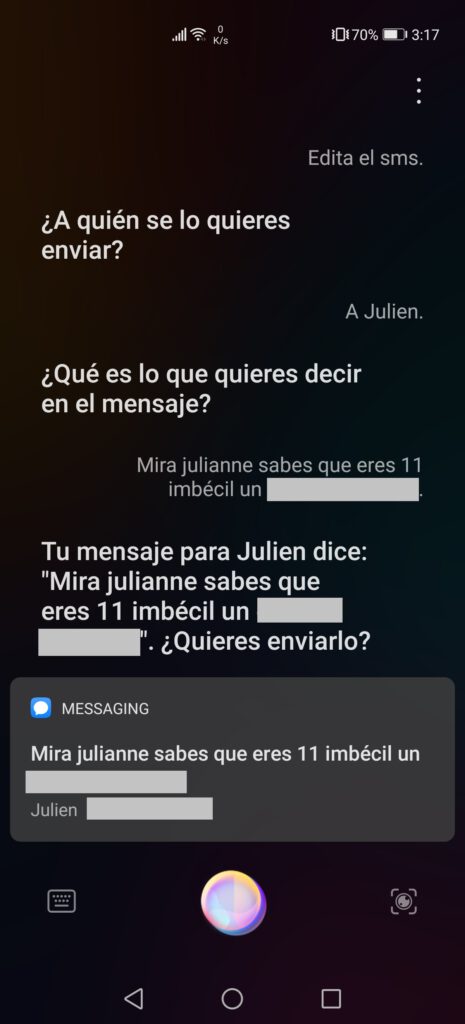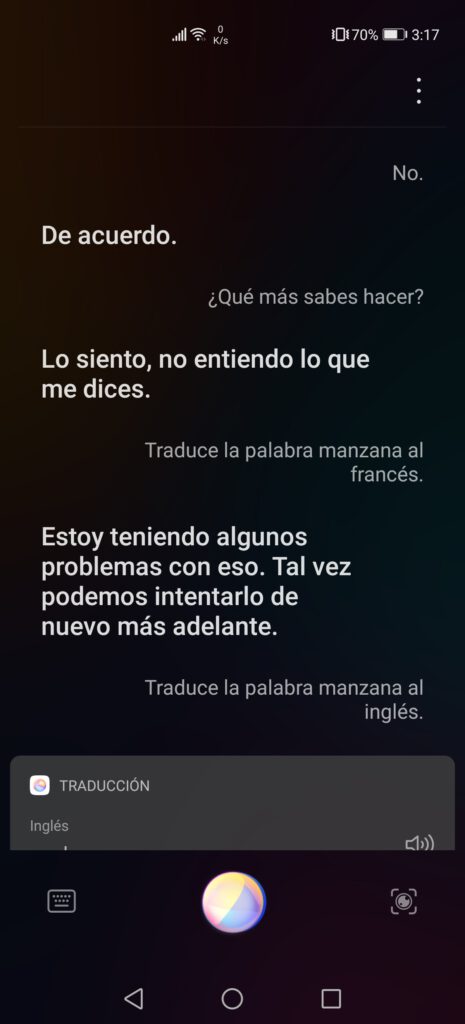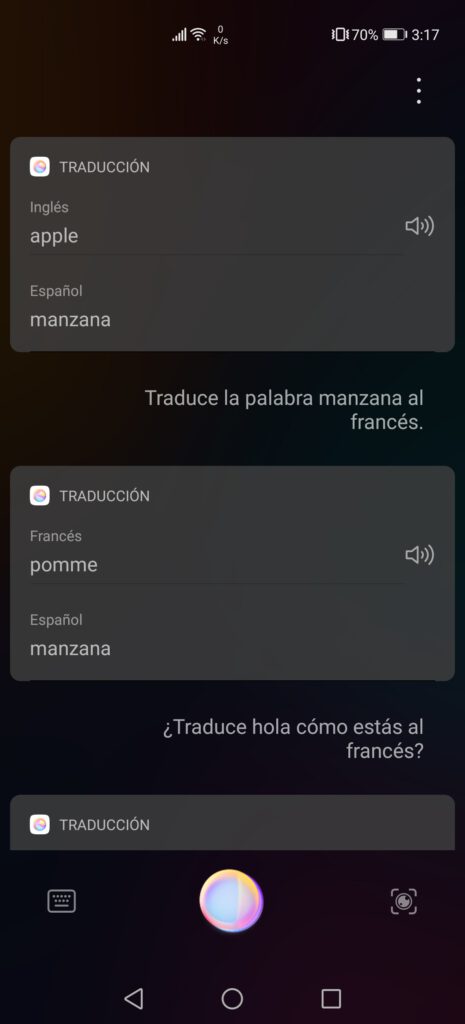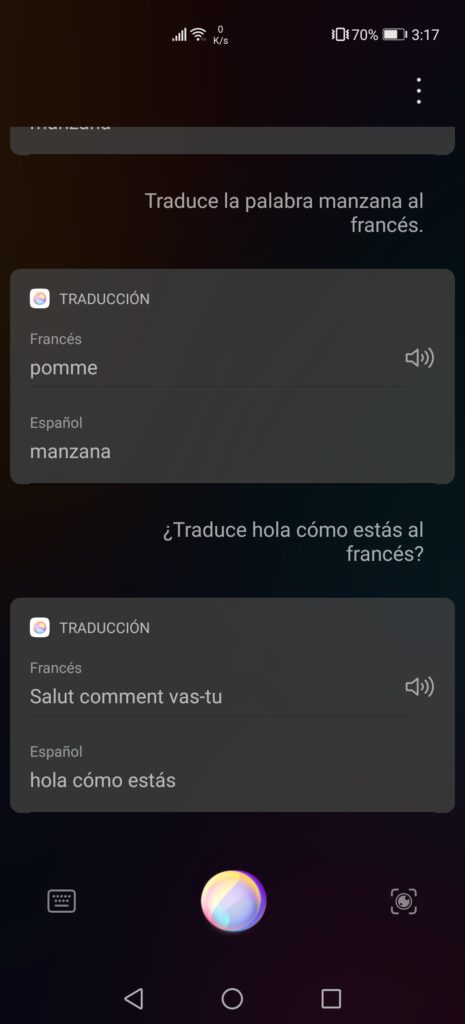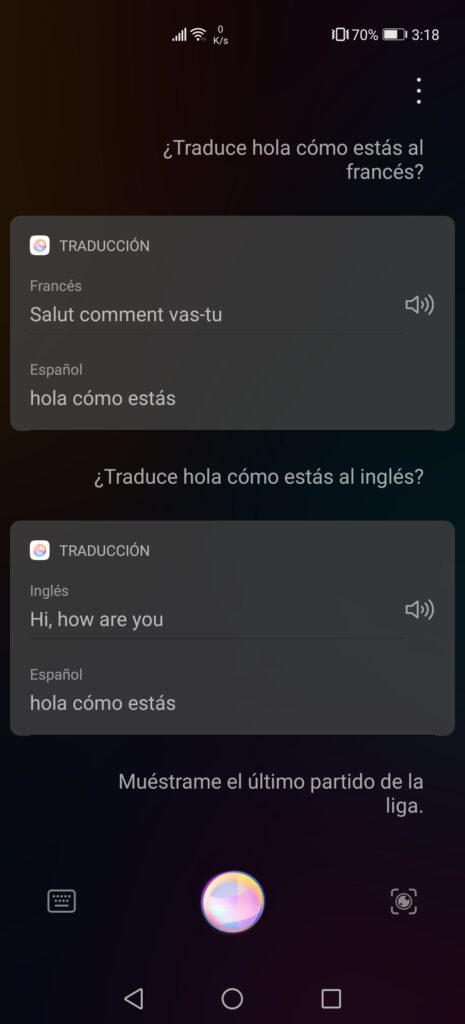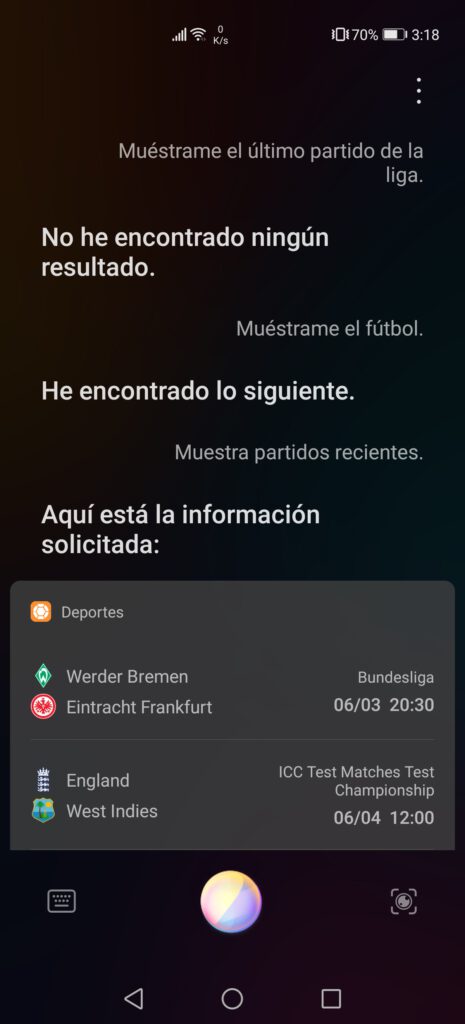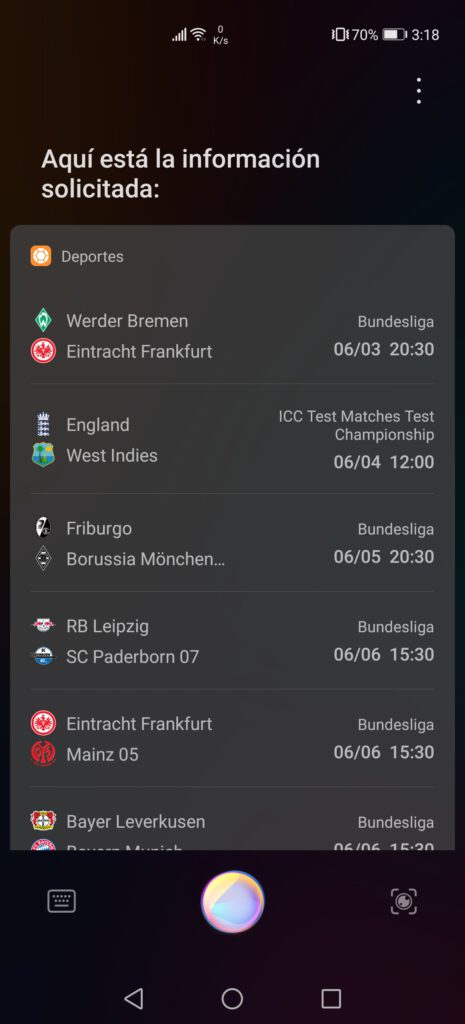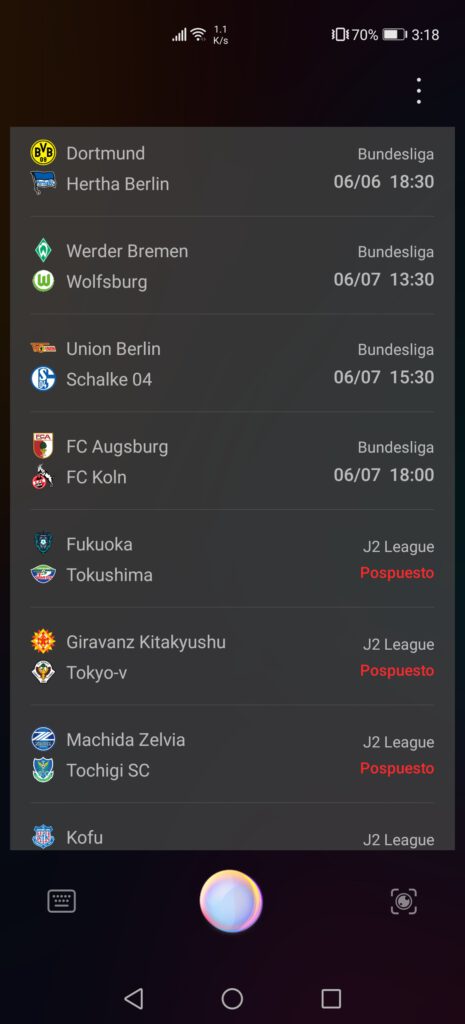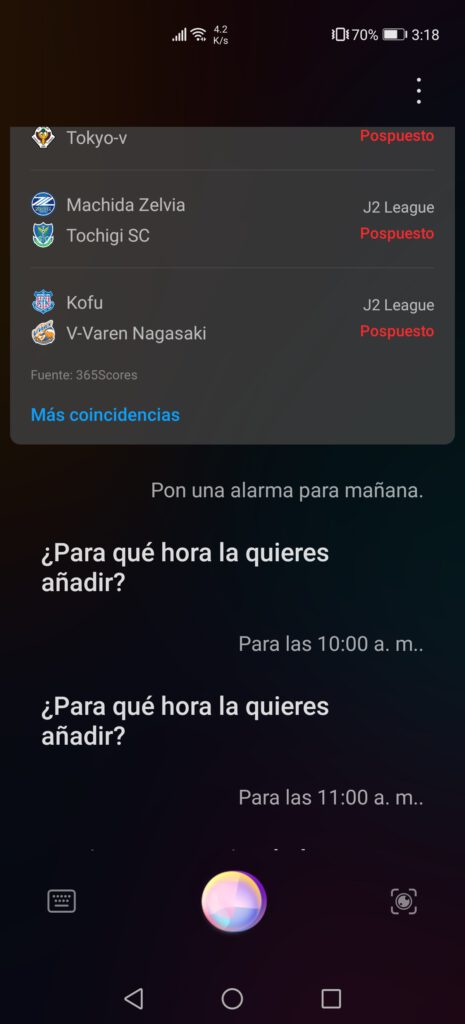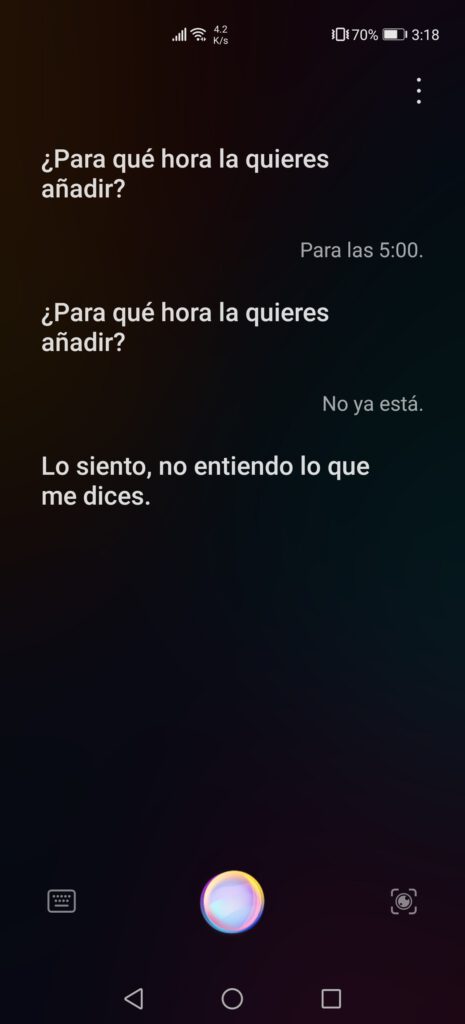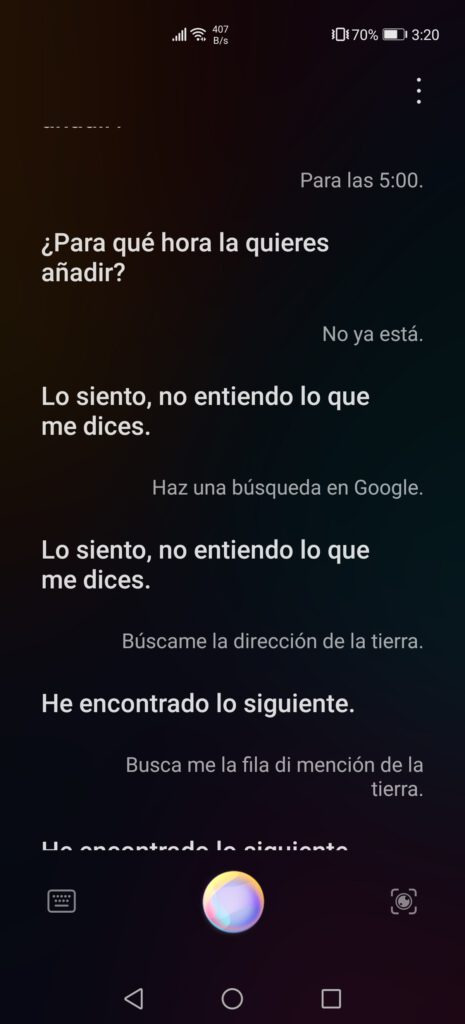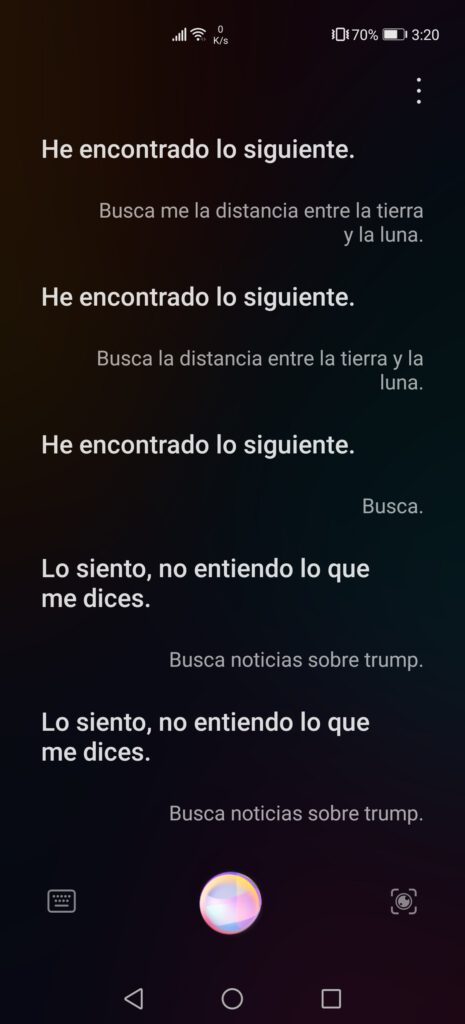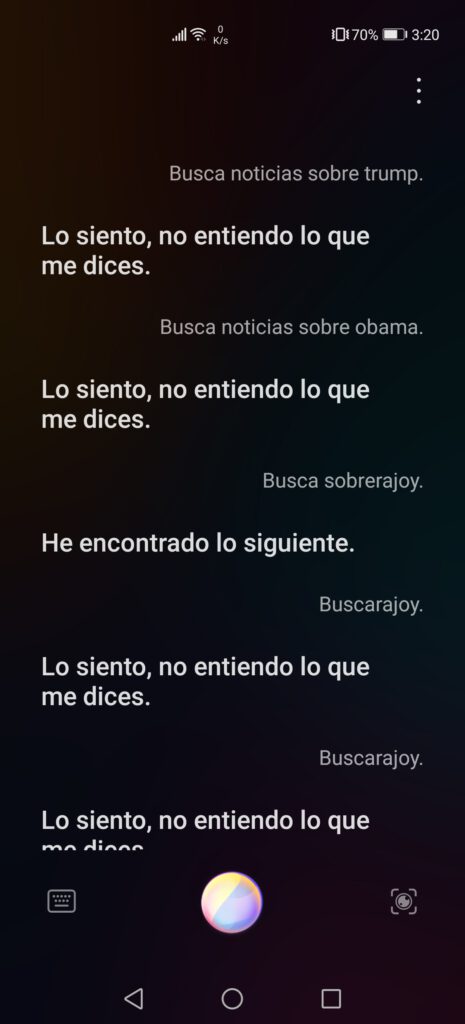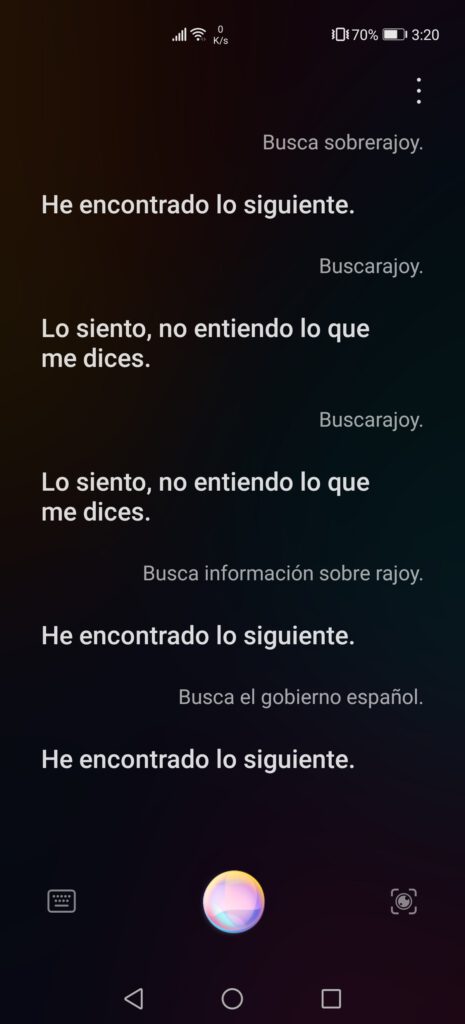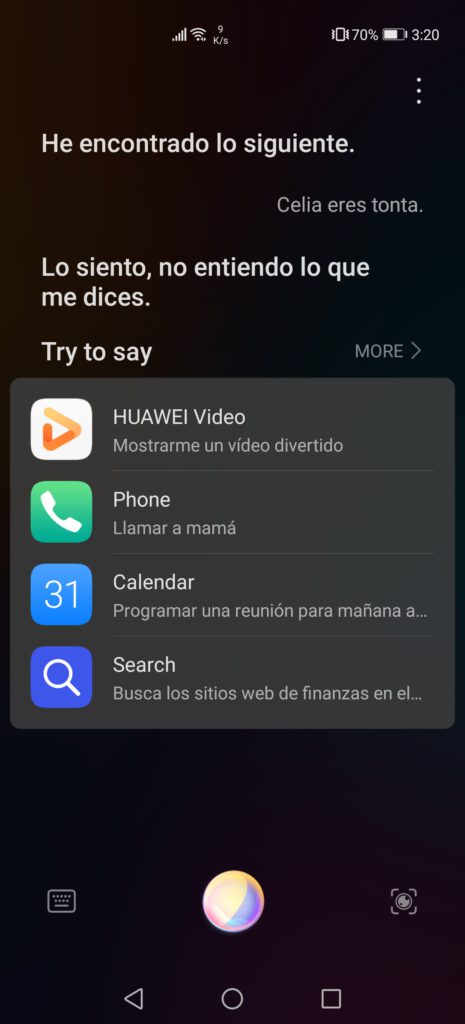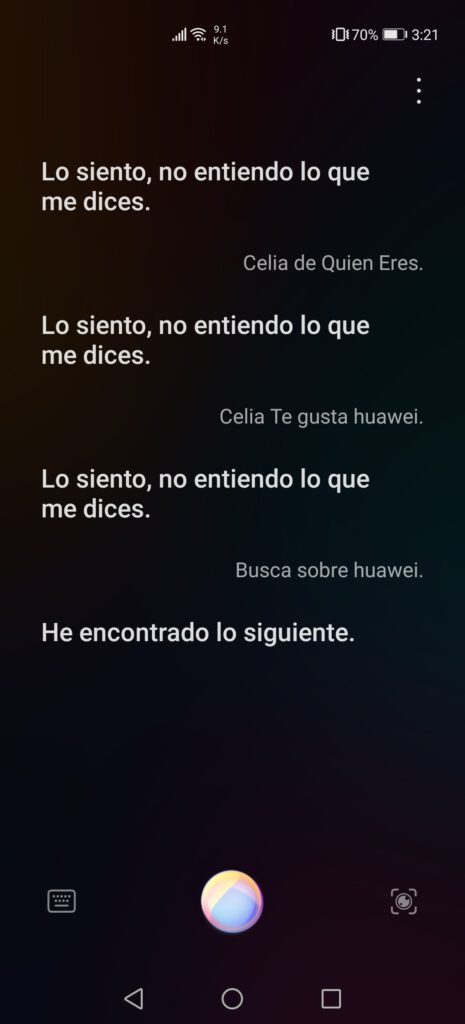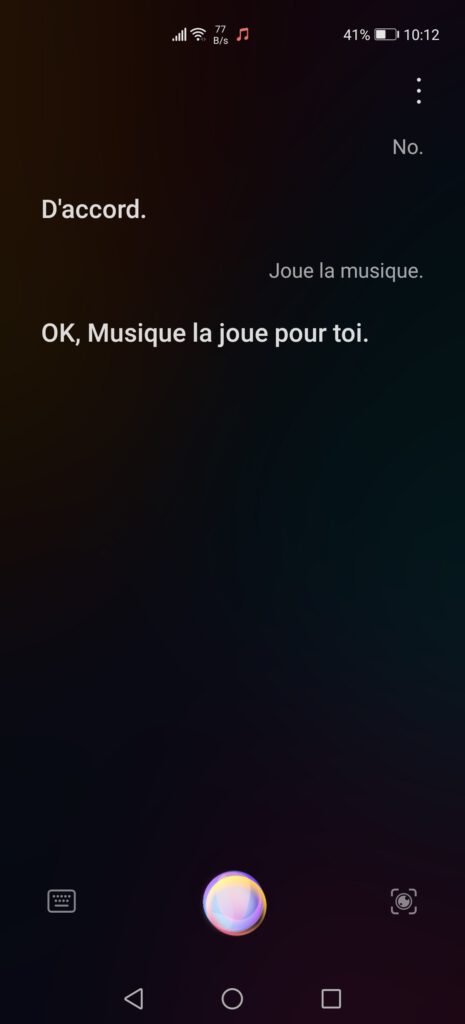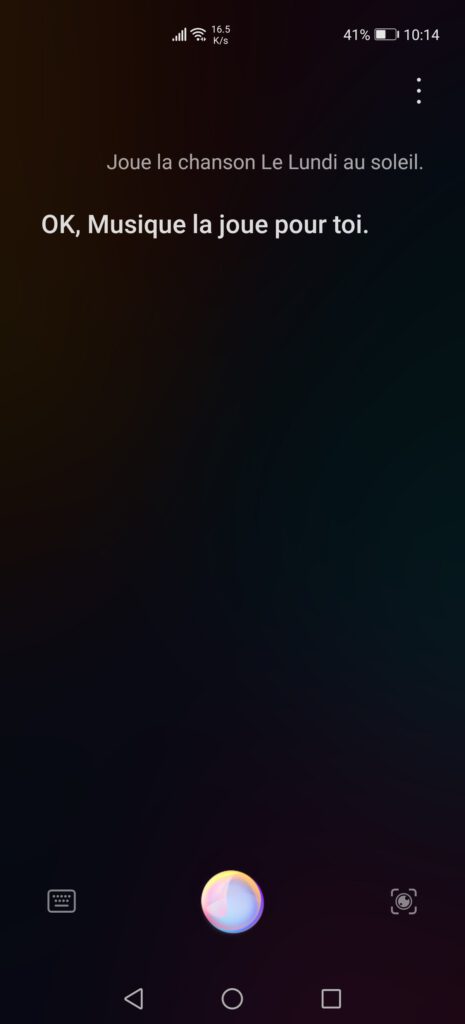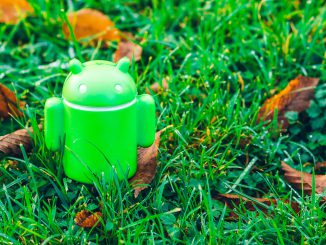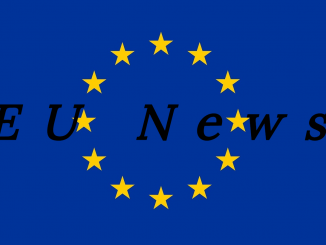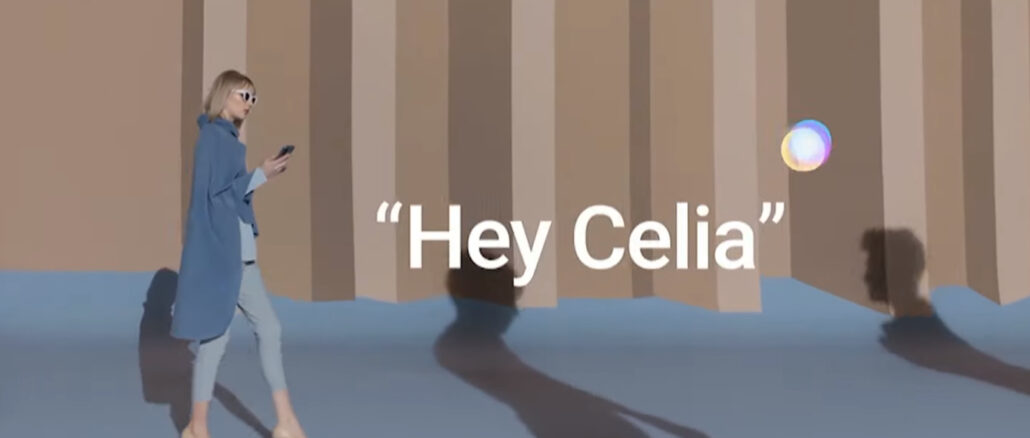
With the P40 series, Huawei has debuted their own voice assistant, named Celia, but this one is, in its current state, too limited.
Artículo disponible en Español | Article disponible en Français
Together with the P40 series, Huawei launched their own voice assistant, named Celia, competing against established names such as Apple’s Siri, Google, and Amazon’s Alexa. Of course, while these other voice assistants have been around for a few years now, having had time to develop and become quite advanced, especially Google’s and Amazon’s, going as far as being used in dozens of products from third-party companies, such as smart speakers, Huawei’s is brand new, with development likely having started somewhere around the initial US ban in early 2019. This rather short development period can be observed in the overall features of the assistant, which are, overall, quite limited, as well as its availability, only working in Spanish, French and English, at least for now, on top of a Chinese variant.
Before going any further, we would like to say it directly: in its current state, Celia is not that interesting, with third-party options such as Amazon’s Alexa being much more functional and interesting, and, most importantly, working properly on HMS devices, as it doesn’t rely on GMS. Celia is also limited to the P40 series, and only works in some regions, being the United Kingdom, France, Spain, Mexico, Chile, Colombia and South Africa. However, this doesn’t mean that those outside these countries cannot use it, with us being in Belgium but still having tested the voice assistant in all three languages, simply by changing the region of the smartphone through the phone settings (contrary to other Huawei services, Celia doesn’t depend on the Huawei ID, thus easily activable and configurable by going to Phone Settings > System & updates > Language & input > Language and region > Region > [Pick either France, Spain or UK]. System language is irrelevant).
If we now look at the activation process for Celia, it is similar to other Huawei services that require extensive access to the phone’s information, with Celia being able to send SMS, make calls or perform basic internet searches. Before being able to go any further, the device asks which language we want to set up the assistant in, with, in this example, us having chosen Spanish:
The assistant then asks us to repeat the wake-up words “Hey, Celia” three times, likely to either recognize our voice/accent:
Once enabled, we are given various customization options, such as being able to enable or disable voice wake-up, wake-up with the power button, change the conversation language or disable the assistant:
We highly recommend enabling the “Wake with Power button” option, as Celia often does not react to the voice wakeup, which is both curious and annoying. Of course, the “Wake with Power button” makes it harder to turn off the phone, as the assistant will pop-up each time, similar to what happened on the P30 series, with most users disabling this option and our guide on the subject getting tens of thousands of visits over the past year. Ironically, Celia also reacts to other wake-up words, such as “Hey Siri”. While in English, this can be justified, with some ways of pronouncing “Celia” sounding very similar to “Siri”, in other languages, such as Spanish, Celia and Siri are pronounced completely different, making this extra recognition useless. Furthermore, some users point out Siri appears to have the same issue, reacting to “Hey, Celia”, which, again, is rather ironic:
Some might wonder why we’ve decided to try Celia in Spanish, knowing we would be writing our article in English. While initially we intended to use Celia only in English, it turns out the voice assistant appears to really struggle with our accent or way of speaking in English, as it is not our primary language. However, this excuse is debatable, as we do not have a strong foreign accent and, in many cases, don’t even have an accent, making it hard to tell whether we are actual English-speakers or not. We’ve come across comments of other users in a similar position, although, in most cases, these people were from British regions with typically “difficult” accents, such as Scotland, with other voice assistants also often struggling to understand their accent(s). Meanwhile, Celia worked without any issues in both French and Spanish.
Now, while we talk quite negatively about Celia and its limitations, Huawei has already added quite a lot of “skills” for this one, making it somewhat useful. The only issue is that, too often, the assistant fails at these tasks, or needs to be told the information multiple times before finally understanding what we want to do. Huawei lists various examples of these skills, such as playing music or videos through Huawei Music and Huawei Video, using tools such as the Notepad, Calendar or Clock, with the possibility of configurating alarms or adding events to the Calendar, activating various settings such as Bluetooth, WiFi or Airplane mode, opening applications or even taking pictures. We can also call contacts or send them SMSs, with Celia writing down the content and sending the SMS without us having to interact with the phone a single time. The calling feature has to be used with caution as, as soon as we ask Celia to phone a contact, the assistant will do so, without a supplementary step to confirm or cancel the action. Lastly, we are also able to check the weather, translate words or sentences to other [supported] languages, check sport results or, as previously mentioned, perform basic internet searches:
Celia can be used in various different modes, either in “full screen” mode, with this one looking like a chat with a bot, or in “floating” mode, with Celia overlapping with whatever is behind it. When bringing up the assistant, this one recommends various actions that can be performed, although we are unsure whether these recommendations are random, examples of what Celia can do, or if they are based on our past/current actions, with the assistant trying to guess our next move:
Starting with the most basic skill, we are able to ask for the weather forecast… even if we already have both the Huawei Assistant (TODAY) and the widget on the home screen telling us about the weather and any possible changes for the coming day, such as rain. Celia provides the weather information based on our location, and is capable of understanding whether we are asking about the weather in general, or specifically asking about an event, such as rain, with us having asked “Will it rain tomorrow” and Celia replying “No”, by showing the weather forecast for the next day:
As already mentioned, we are able to call any contacts by just asking “Call [contact name]”. This will automatically launch the phone application and call said contact, without any extra steps or warnings. Of course, this is assuming Celia understood the contact’s name, which is not always the case. We are fully aware that our situation is out of the ordinary, with us using the voice assistant in Spanish and having friends and contacts all over the European continent, making it difficult for voice assistants in general to understand whom we are referring to, although one would think Huawei could have easily matched our words with the names in our contact list, and pick the closest one, in case it is unable to figure out who we are talking about.
If we now look at sending an SMS, this action is quite easy to perform, by asking Celia to “Send an SMS”. The voice assistant will then ask to whom we want to send it, and, once the contact found, will ask for the message content. In our example, we’ve gone with “Motherfucker/Son of a bitch”, as we wanted to test whether Celia would recognize and allow insults. Surprisingly, the software manages to recognize insults very well. Once the message composed, Celia will check one last time that we want to send that message to said contact, displaying the SMS and the contact number. By just saying “Yes”, the SMS will be sent, and viewable in the SMS application. However, something that is missing is the possibility of editing messages, with no combination of words giving this option, with the voice assistant saying “Sorry, I don’t understand what you are saying.”:
If we fiddle too much before sending the SMS, the assistant will eventually go back to the initial step, asking, once again, for the contact name and the SMS content. In this second attempt, we tried sending a more complex message, but Celia failed to properly understand our contact’s name in the message, putting a similar name, “julianne”, instead of “Julien”. If we change our mind before sending the SMS, it is possible to cancel this action by saying “No” instead of “Yes”, which lets us move on to a different task:
We then asked Celia “What can you do?”, with the assistant not understanding this question either. Usually, when asking this question, other assistants, such as Amazon’s Alexa, will list some of their skills and features, explaining what the user can do. We then moved on to trying the translation feature, with our first question not understood. When repeating it, we eventually got an answer, with us asking “Translate the word apple to English.”. Here, Celia displays the original word and the translated word, with an option to listen to the pronunciation. We then asked the same question, but instead of translating to English, we asked to translate to French, which worked flawlessly. Seeing as single words work relatively well, we tested simple sentences, asking “Translate hello how are you to French?”, with Celia properly understanding the question, taking away the irrelevant information, and providing the correct answer, with, again, the option of getting the pronunciation. The same happened with Spanish to English, showing the translation feature has been quite polished:
Next, we tried asking for football matches, asking about the Spanish “Liga”, with the assistant failing to understand this. Then again, this might be too specific, due to the “Liga” being limited to Spain. Changing the question to “Show me football” or “Show me recent [football] matches” brings a series of results, answering our question partially. This information looks like the information that is already available through the “Sports” service in the AI Tips of Huawei’s Assistant. We did not think about asking more precise information, such as a specific football match, so we are unsure whether Celia is capable of answering this type of question or not:
Other tasks are also relatively easy to perform, but not always work, such as adding an alarm for the next day. By asking “Set an alarm for tomorrow”, we are able to set up an alarm, but, as it can be seen on the following screenshots, it somehow failed to understand the hour we gave, making us repeat it until it understood, even if it properly wrote it in the conversation transcript. This went on for a while, until we finally gave up, but it did eventually work later on, meaning it is feasible. This might just be a temporary bug that might get fixed later on, but remains an annoying bug regardless:
Celia can also perform searches on the internet, although this function is also difficult to use. Contrary to the translation feature, the search feature does not appear to make the difference between the words used, and fails to identify key words or rephrase the question, meaning that users are better off giving a series of keywords directly, or a very specific request, so this one brings the expected result. Results are also open on a separate browser window, instead of clogging up the assistant, which is why we are not showing these results. We first tried asking “Search the earth’s direction”, which is a mistake on our end, with the question wrongly phrased. We then rephrased it properly, asking “Search for me the distance between the earth and the moon”. Here, we found out that the “for me” is not necessary, as, otherwise, this part is also added to the search terms, and, instead, we should just ask “Search distance between earth and moon”, which is the most optimal way to find this information:
We then tested various other searches, such as “Search for news about Trump”, with the assistant claiming to not understand our question. We switched to “Obama”, but Celia appears to be unable to bring up any news in general, although this limitation can be ignored, taking in account Huawei’s Assistant already comes with a news feed. Asking for information about Rajoy, the previous Spanish president, also resulted in a failure, with Celia constantly misunderstanding the question, failing to identify “Rajoy” as a separate word. However, adding “Search information about Rajoy” led to more promising results, with “Information about Rajoy” inputted on the default search engine of Huawei’s Browser, Bing (this can be changed to other search engines, such as Google’s). Asking “Search the Spanish government” also worked properly, providing proper results, although, as it can be seen, the phrasing that has to be used for Celia to understand what we want to do is less than ideal:
Poking some fun at Celia doesn’t work either. While Amazon’s Alexa and Google react to direct insults and “personal” questions about their developer/owner/“employer”, Celia constantly replies with “I’m sorry, I don’t understand what you are saying”, with us having gone through the basic questions, such as “Celia you are stupid”, “Celia do you like Huawei” or “Celia from who are you”:
We have also tested the launch of applications via voice commands, which works quite well, such as launching the calculator or the camera. Celia can also perform specific actions within these apps, such as taking selfies, which could be useful if we are holding the phone in a weird position, making it difficult or impossible to press either the sound button or the camera shutter. A more interesting use of Celia is launching Huawei Music or Huawei Video, with the possibility of playing songs, although, again, things have to be said in a very specific way. For instance, saying “Play music” will launch the music app and actually look for a song called “music”. In our example, we specified “Play the song “Le Lundi au soleil””, which played the song we were actually looking for. However, this brings another problem, being the pronunciation of the artists’ names, as Celia will try to understand what we say in the selected language and not other languages, such as English. This is a downside of most voice assistants currently available on the market, with superior assistants such as Amazon’s Alexa also struggling with this, as it is unable to understand the name of singers from wildly different countries/languages. For example, when we tried playing songs from our Amazon Music library, with the artists having Danish, Chinese or even Japanese names, regardless of how we pronounce their names, whether correctly pronounced or pronounced the way they are written, Alexa (and other voice assistants) fail to understand and find these artists. When asking these assistants to pronounce these names, and then pronounce them the exact same way, the voice assistants still fail at their task. The same applies to Huawei Music and Celia. Of course, this can be solved by changing the voice assistant language, but this doesn’t fix the main problem, and is instead a temporary solution. Either way, users cannot change the assistant language every two songs to be understood either, this being impractical:
The way Celia phrases some of its replies is also extremely confusing, such as in French, with the voice assistant saying “Ok, Music will play it for you”, but this sentence being, overall, extremely weird, especially due to the name of the application being translated to French.
Lastly, if we had to comment on Celia’s overall voice and the quality of the construction of its replies, Celia uses a female voice in all three languages. While in English and Spanish, this one is quite good, in French, the overall volume is quite low, and the assistant sounds quite shy. The overall construction of its replies is good, without any awkward stops between each word, giving a continuous, properly constructed sentence, similar to what Amazon’s Alexa already does.
Celia is clearly in its early stages, with Huawei still needing to do a lot of work to further improve their voice assistant and make it acceptable or good enough, with the current version being too limited in its functions and with too many concessions to make it work properly. While the number of tasks it can already perform is quite impressive, it often fails at them, such as when we struggled with the set-up of an alarm or the Internet searches. The manufacturer has also built an artificial wall around the assistant, limiting it to specific countries and binding it to the region selected in the settings. While this is positive, with many other features bound to the Huawei ID, which doesn’t give us the possibility of changing the region, having to change countries in the settings remains annoying. Instead, Huawei should have made the assistant available to everybody, regardless of their region, and let them choose between the three languages currently available, with eventually a simple warning saying “More languages will come in the future” or something along those lines. Furthermore, some regions use more than one language, such as Belgium, which has a French speaking side, while Celia only works if we specifically select France in the phone settings. For Belgium, the manufacturer will have to make both the Dutch, German and French voice assistants work in the country, as these are the three official languages, with other countries being in similar situations, such as Ireland, where English is used, yet the assistant is unavailable there. Allowing customers to just set up the assistant, regardless of their region and language preference, and using it in English, could make this one more popular, on top of giving customers more features for the same price, while they wait for their regional version to come out.
Huawei also needs to work on the recognition of personal names, especially contact names, by trying to match the user’s commands with the names found in the user’s contact list, instead of attempting to guess which name the user said and claim they were unable to find said contact. Lastly, voice assistants need to become more “human” overall, feel closer to the user, such as by reacting to jokes, being able to reply to questions such as “Do you like the company that created you?” and so on.
While many will not find Celia useful or good enough, we can see the good intentions of the manufacturer in providing their customers the best possible experience, regardless of the lack of Google Mobile Services and other applications. There is no doubt that, if Huawei decides to seriously invest and work on their voice assistant, this one could rival the current market leaders, being Google and Amazon’s Alexa, with Celia becoming a new option, instead of remaining as a simple slightly useless feature that few users use, such as Apple’s Siri and Samsung’s Bixby.
More on this subject:
